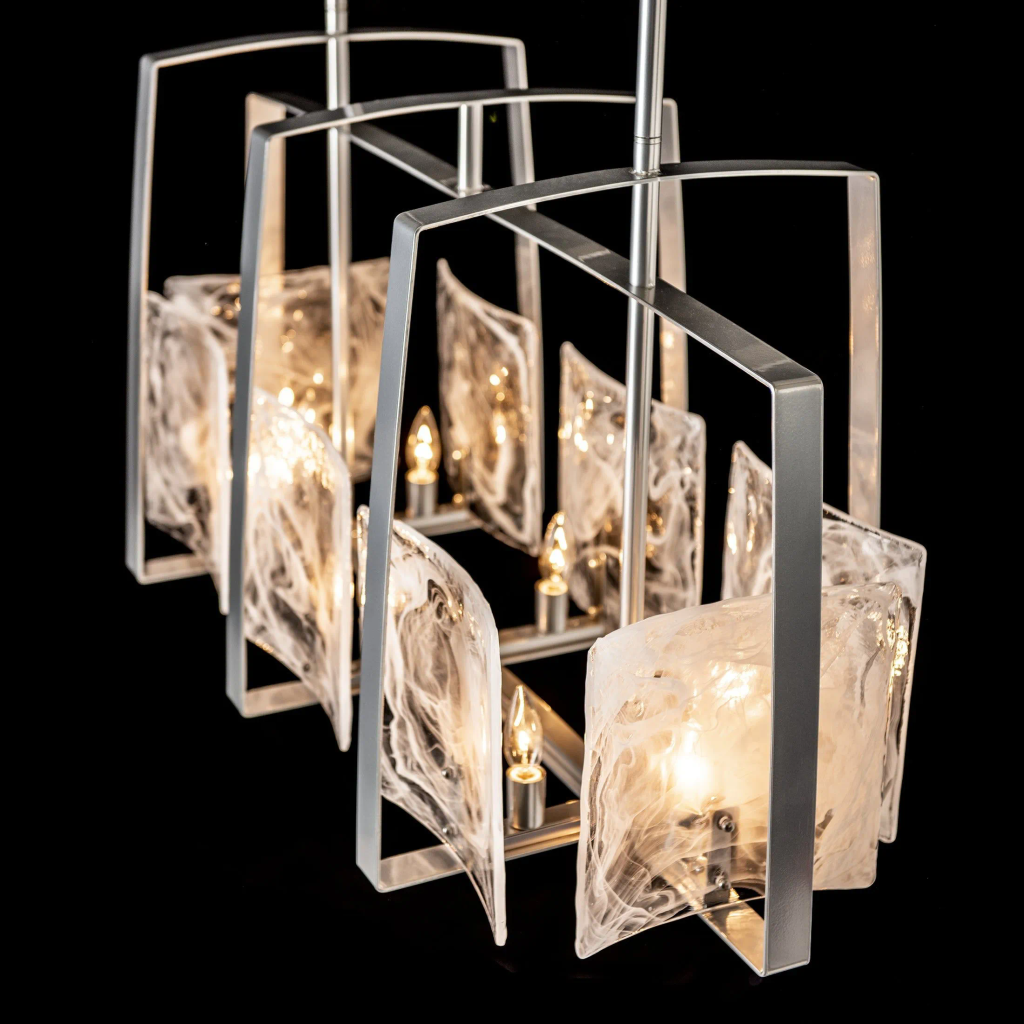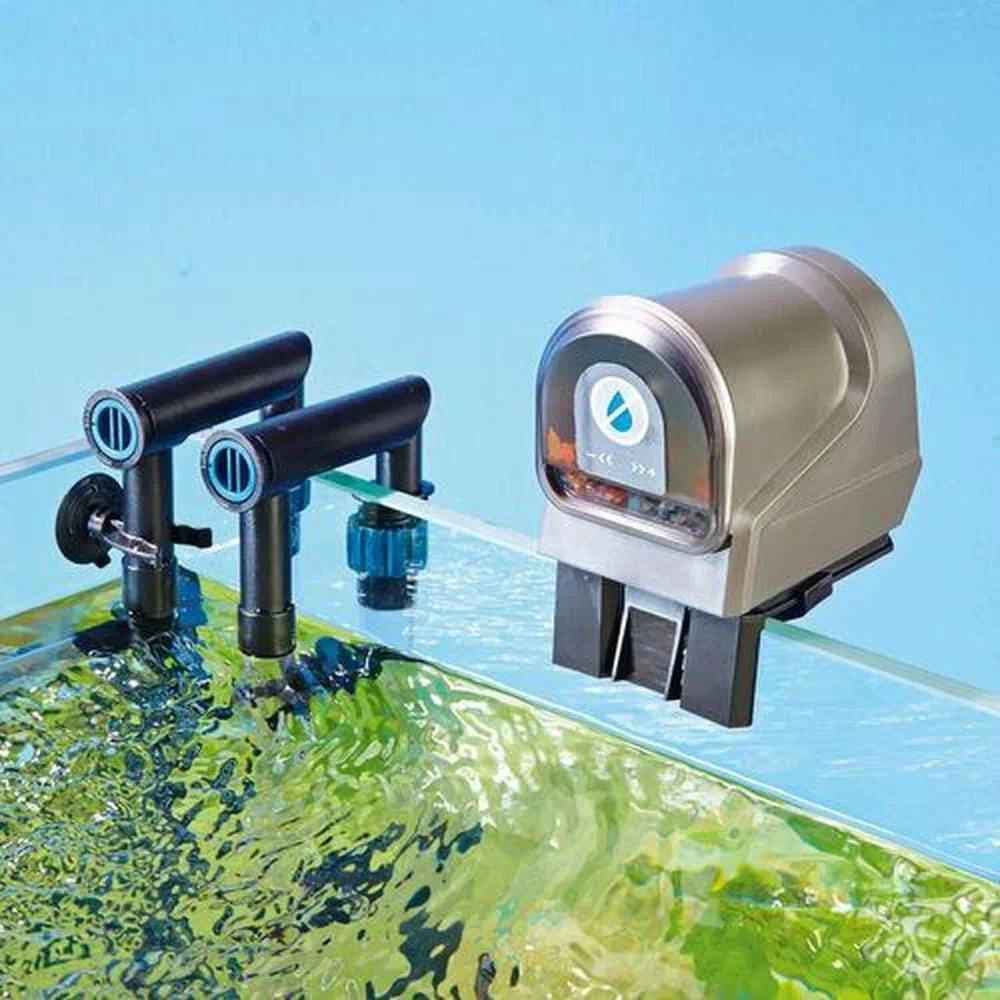Selecting the right forex broker is crucial for traders looking to venture into the dynamic world of foreign exchange trading. With numerous brokers available, each offering a range of services and features, knowing how to check if forex broker is legit can make the decision manageable. Before settling on a final choice, it is necessary to undertake exhaustive research and take into account a wide range of aspects in order to maximize the likelihood of a positive and fruitful trading experience. This post will describe 10 essential actions that traders may follow to help them identify the best forex broker for their needs.
Forex trading is exciting—are you ready? Find the proper forex broker to support your trading objectives and provide a smooth trading experience before starting this potentially profitable trip. Choosing a broker might be difficult with so many possibilities. Fear not! We’ll lead you through 10 crucial stages to identify the best FX broker for your requirements in this detailed guide. We’ll assess trading platforms, regulatory compliance, and your trading needs. Let’s explore the important stages to a successful and satisfying FX trading experience.
Regulatory Compliance
The safety of your funds and the credibility of the broker are paramount. Confirm that the broker you believe is regulated by a reputable financial authority. The UK’s Financial Conduct Authority (FCA), the US’s Securities and Exchange Commission (SEC), and Australia’s ASIC have rigorous rules to safeguard traders’ interests. First, verify the broker’s regulatory status.
Account Types and Trading Platforms
Evaluate the different account kinds provided by the broker, and make certain they meet the requirements of your trading style. Some brokers provide several account tiers that traders may move up through depending on their level of trading expertise or the value of their deposits, with higher-tier accounts receiving extra features and perks. In addition, you should evaluate the trading platforms that are made available by the broker. Your trading selections will be aided by the platform’s ability to provide necessary tools and technical indicators, as well as its user-friendliness and dependability.
Spreads and Commissions
Review the broker’s spreads and commissions, as these fees can significantly impact your trading costs. Lower spaces can enhance trading profitability, specifically for high-frequency traders. Some brokers suggest commission-free trading, while others charge commissions per trade. Evaluate which fee structure best suits your trading style and overall cost expectations.
Trading Needs and Goals
Before choosing a forex broker, determine your trading requirements and ambitions. Choose your trading style and financial instruments (e.g., main currency pairings, commodities, cryptocurrencies). Knowing your trading preferences can help you choose brokers that meet your needs. One platform that traders often consider is the Traders Union, which can provide valuable insights and resources for finding the right forex broker for your specific needs.
Leverage Options
Leverage allows traders to control larger positions with a smaller amount of capital. However, high power also increases the potential risk of losses. Understand the leverage options provided by the broker and ensure they align with your risk tolerance and trading strategy. Responsible use of leverage is essential to avoid excessive risk exposure.
Customer Support
When dealing with technical difficulties, questions about one’s account, or questions about general help, having customer service that is dependable and quick to respond is essential. Evaluate the customer support options provided by the broker, such as live chat, email, and phone assistance, and find out whether or not they are accessible during trading hours. Providing timely and effective customer service may save a significant amount of time at crucial trade periods.
Deposit and Withdrawal Options
Conduct research on the various deposit and withdrawal choices provided by the broker. A trustworthy broker should accommodate the varied requirements of traders by offering a variety of payment methods. These methods should include bank transfers, credit cards, and electronic wallets. In addition, evaluate the length of time required to complete withdrawals and any costs that may be involved with doing so in order to guarantee that financial transfers go smoothly and on schedule.
Educational Resources
Educational tools provided by the broker are very necessary for traders who are interested in expanding their existing knowledge and skill set. Look for brokers that provide instructional resources, including as webinars, video lessons, trading manuals, and market analysis, so that you may enhance your trading techniques and assist your learning journey.
Reputation and Reviews
Research the broker’s reputation in the trading community by reading reviews and testimonials from existing clients. Pay attention to both positive and negative feedback to gain a comprehensive understanding of the broker’s strengths and weaknesses. Deriv brokers should have a positive track record, transparent business practices, and a satisfied client base. Additionally, make sure to check the deriv log in process and user experience to ensure it aligns with your preferences and needs. Reputable brokers should have a positive track record, transparent business practices, and a satisfied client base.
Test the Demo Account
The vast majority of brokers provide demo accounts, which let traders to hone their skills by practicing trades using simulated capital in actual market environments. Examining the platform’s features, execution speed, and general trading experience may be better understood via the use of the demo account provided by the broker. Make use of the demo account before investing real money so that you can determine whether or not the broker lives up to your expectations.
Conclusion
Finding the correct forex broker is an important stage in the path of a trader, and it is vital to give serious thought to the elements that were discussed above. You will be able to make an educated selection and choose a trustworthy and appropriate forex broker if you first determine your trading requirements, then investigate regulatory compliance, evaluate account kinds and fees, and practice with demo accounts. Keep in mind that in order to improve your chances of being successful in the forex market, the proper broker should not only accommodate to your trading preferences but should also emphasize safety, support, and a nice trading experience.






